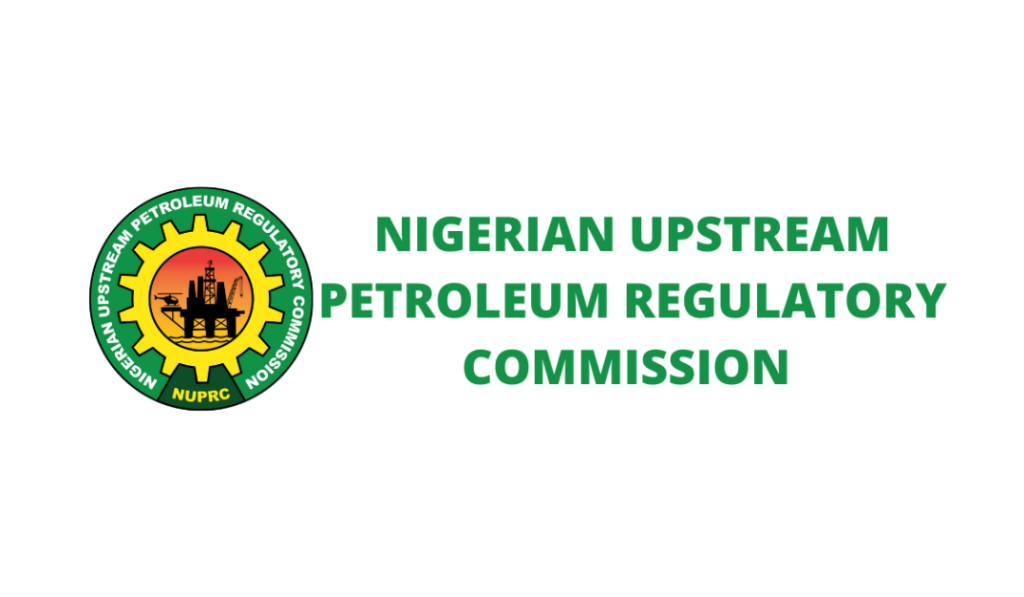Nigeria’s ambitious goal of achieving a crude oil production output of 2.5 million barrels per day (bpd) by 2026 is well within reach, according to the Nigerian Upstream Petroleum Regulatory Commission (NUPRC). This optimistic outlook is driven by a multi-pronged strategy encompassing the exploitation of deepwater resources, the revitalization of dormant oil fields, and the expedited approval of new projects. The NUPRC emphasizes the importance of innovative approaches and collaboration with industry stakeholders to achieve this target, despite the global shift towards renewable energy sources. These initiatives, coupled with reforms introduced by the Petroleum Industry Act 2021, aim to solidify Nigeria’s position as an attractive investment destination for the oil and gas sector.
Central to Nigeria’s production boost strategy is the “one million barrels per day” initiative. This program leverages a “cluster and nodal development strategy,” which focuses on shared infrastructure and tiebacks to existing Floating Production Storage and Offloading (FPSO) vessels like Bonga, Egina, and Agbami. This approach aims to streamline operations, minimize costs, and expedite project timelines, ultimately mitigating investment risks. A key component of this strategy is the engagement with operators and service firms, fostering a collaborative environment to accelerate production growth. The NUPRC’s Deepwater Technical Stakeholders’ Workshop underscores this commitment, bringing together key players to unlock the vast potential of Nigeria’s deepwater resources, which are estimated to hold a potential peak output of over 810,000 bpd.
Complementing the focus on deepwater resources is the reactivation of dormant oil fields. These fields, previously left untapped, represent a significant opportunity to increase production. Coupled with accelerated project approvals and the implementation of enhanced oil recovery techniques, these efforts have already yielded positive results. The NUPRC reports a production increase from a baseline of 1.46 million bpd in October 2024 to 1.8 million bpd currently. This upward trajectory reinforces the feasibility of the 2.5 million bpd target by 2026. The combination of these strategic initiatives positions Nigeria for substantial growth in its oil production capacity.
While acknowledging the global transition toward cleaner energy sources, Nigeria maintains its commitment to hydrocarbons, recognizing their continued importance in meeting energy demands, particularly in developing regions of Africa and Asia. The NUPRC advocates for a “gas-centric decarbonisation pathway,” suggesting a balanced approach that leverages natural gas as a transitional fuel while simultaneously pursuing cleaner energy alternatives. This strategy aims to address climate concerns without compromising Nigeria’s energy security and economic interests tied to its hydrocarbon resources.
The NUPRC has also addressed the renewal process for marginal field licenses. This process, conducted on a case-by-case basis, ensures compliance with the Petroleum Industry Act 2021. The commission has developed specific technical assessment criteria to evaluate each marginal field operator’s performance. This transparent evaluation process considers milestones achieved and overall adherence to the terms of the license agreement. The results of this assessment have been submitted to the Minister of Petroleum State Petroleum (Oil) for final approval. This rigorous review process ensures that license renewals are merit-based and contribute to responsible resource management.
In summary, Nigeria is proactively pursuing an ambitious strategy to significantly increase its crude oil production to 2.5 million bpd by 2026. This plan relies on unlocking deepwater potential, reviving dormant fields, accelerating project approvals, and implementing enhanced recovery techniques. The NUPRC is championing a collaborative approach, engaging with industry stakeholders to drive incremental production. While recognizing the global energy transition, Nigeria emphasizes a balanced strategy that acknowledges the continued role of hydrocarbons in meeting energy demands. The transparent and merit-based renewal process for marginal field licenses further demonstrates the country’s commitment to responsible resource management and a stable investment climate. This comprehensive approach positions Nigeria for sustained growth in its oil and gas sector while navigating the evolving global energy landscape.














